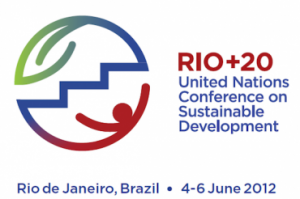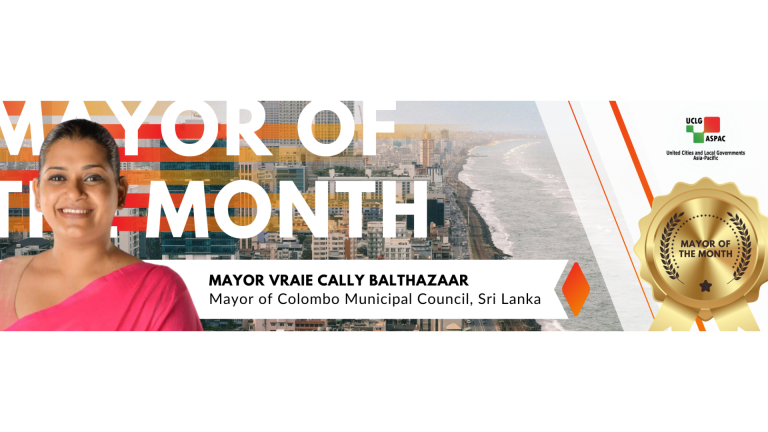THE Economic and Political Weekly published their editorial on rio+20 Conference:
The 20-year commemoration of the historic Earth Summit produced nothing except more words.
Sequels rarely match or surpass the original. Twenty years ago, the ‘;Earth Summit’ – the United Nations Conference on Environment and Development in Rio de Janeiro in June 1992 – was considered historic. Its sequel, Rio+20, which was held in the same city, failed to capture either the spirit or the substance of the original. No one was surprised and only the most optimistic were disappointed. (For those of us who have forgotten, there was Rio+5 in New York in 1997 and Rio+10 in Johannesburg in 2002.)
In 1992, linking ‘;development’ and poverty to the environment was considered path-breaking because it acknowledged that the weight of environmental damage was borne disproportionately by the poor and that economic development could not be environmentally sustainable unless it dealt with poverty. Agenda 21, which set out a road map for the 21st century, was seen as a substantive document that could inform and guide nations as they formulated their environmental policies. The Rio Declaration, signed by over 180 countries, provided a vision and a framework for global cooperation on crucial environmental concerns. And the Convention on Biodiversity and the United Nations Framework Convention on Climate Change (UNFCCC) were rightly hailed at the time as far-sighted agreements designed to avert a looming crisis.
Much of the hope and optimism generated during the Earth Summit has been frittered away. The Biodiversity Convention could not prevent the extinction of one-fi fth of all species. And climate change, which was still being debated and not accepted as inevitable in 1992, has manifested itself as an undisputed and depressing reality despite the Kyoto Protocol.











